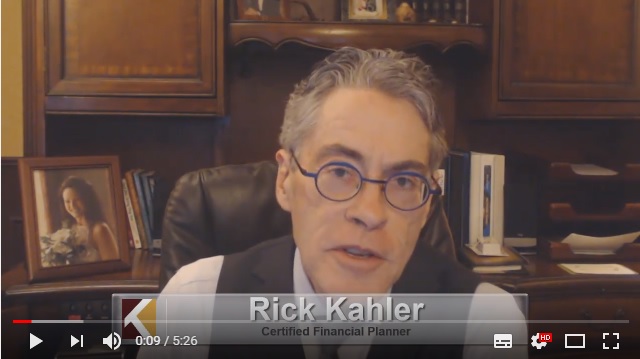Life and money are intuitively complementary to each other but, creating wealth is a conscious choice. This is a choice about your future financial health and a choice about your lifestyle beyond basic survival.
When it comes to creating wealth, instinct is to go for what gives you big returns, because we are unable to appreciate the slow compounding of returns and seek the big hits that can potentially come in sooner.
However, the big hits also come with big risks. Remember the plantation schemes in the 1990s – the promise of outsized returns which went bust or the promise of super-normal returns from IT stocks in the early 2000s, which soon enough crashed or the various chit fund schemes that guaranteed double-digit returns and then disappeared.
When someone approaches you with the promise of a high return, the lure is too tempting to walk away from.
More often than not people walk away from a proposition that offers a consistent return for a long period in favour of a scheme that doubles money in a year. It’s our inability to foresee the future that forces us to pick what seems achievable because we relate to the time period better. If such schemes were viable, we would all be doubling our money every year.
Wealth creation is not about size
Our minds find it hard to visualise a steady state for long periods. It’s easier to think about large numbers if visibility is set to date not so far. That’s the reason we are more enthusiastic about investing in real estate where a promise of 50% return is given in 18-24 months, rather than putting our surplus money in good businesses through the stock markets where sustainable returns can take years to come by.
However, for every story of success in flipping real estate assets profitably in a short period, there are at least a handful of other stories where investors are left with dud properties that remain under construction for at least a decade and post that too with no prospects of a good sale. It’s unpredictable and too vastly reliant on external factors like the builder’s competence, government clearances, location, economic conditions and so on.
Relying on a large pay-out, may or may not work in your favour, the risk of losing capital is high. We are too focused on achieving a huge corpus as fast as possible when in reality it is the compounding of returns that enables one to have a large corpus over time. Warren Buffet, who is one of the most successful billionaires in the world and has amassed his billions mainly through long term investing, got his first billion only after the age of 50; he had started his investing journey at the age of 10.
It’s about discipline and being regular
If there is anything we can learn from Buffet’s wealth creation journey, it’s that the big hits are really about giving your investment time and being disciplined. To do that you will have to stay away from the lure of quick gains and understand compounding.
Compounding is the process where you earn more on the gains you make by remaining invested. For example, you buy a deposit that pays you 7% a year and instead of receiving that interest at the end of the year, you leave it in and the bank says that it will pay you the same 7% on the original capital plus the interest on year one, you start compounding your return. In ten years you will double your initial investment. In most cases, bank deposits pay out the annual interest and you do not get the benefit of compounding. You too are happy to receive this money as there is a feeling that more can be done with cash in hand, whereas, the likelihood that the money will simply get spent rather than reinvested is higher. Then you are left with just your initial capital for your future.
The concept of compounding works well with other investments and market-linked securities where returns accumulate over time. What you must do to benefit from this is just be disciplined about staying invested.
The other aspect of wealth creation which has nothing do to with chasing a big return is about being regular. This requires you to make investing a monthly affair rather than a one-time input in your life. It’s only when you start saving and investing regularly can you accumulate a corpus that will give you the full benefit of long term compounding.
Rs 1 lakh invested for 20 years at a 10% annual return will give you about Rs 6.7 lakhs at the end of the period. A regular investment of a very small amount of Rs 1000 every month for the next 20 years at the same return will give you a corpus of Rs 7.8 lakh at the end of the period. Investing a big amount like Rs 1 lakh as opposed to Rs 1,000 seems like you are doing a good job at saving and investing, however, unless the investment is regular you will fall short. Being regular always trumps sporadic investing. It becomes a habit and slowly you can increase the monthly investment over time to make the outcome more efficient.
Instead of chasing that big return with high risk, focus on the simple stuff, give your investment time to compound, be disciplined and invest regularly. This is what will bring you the large wealth creation outcome you seek rather than speeding up to catch a one year doubling and then crashing to find you have nothing left.






0 Comments